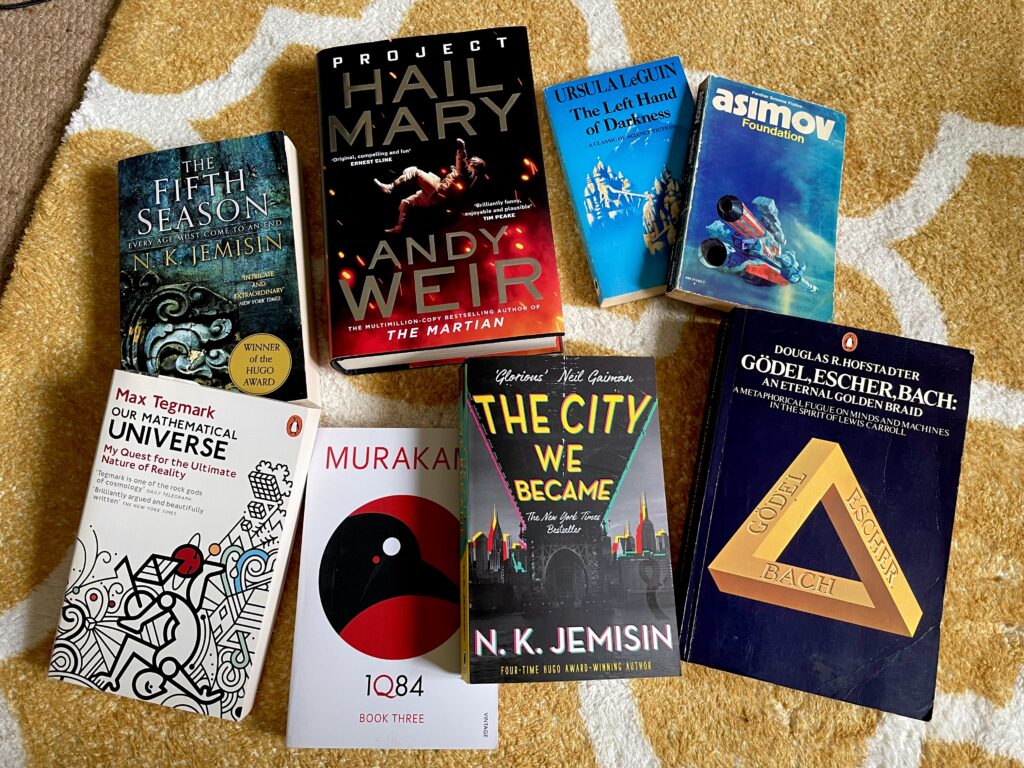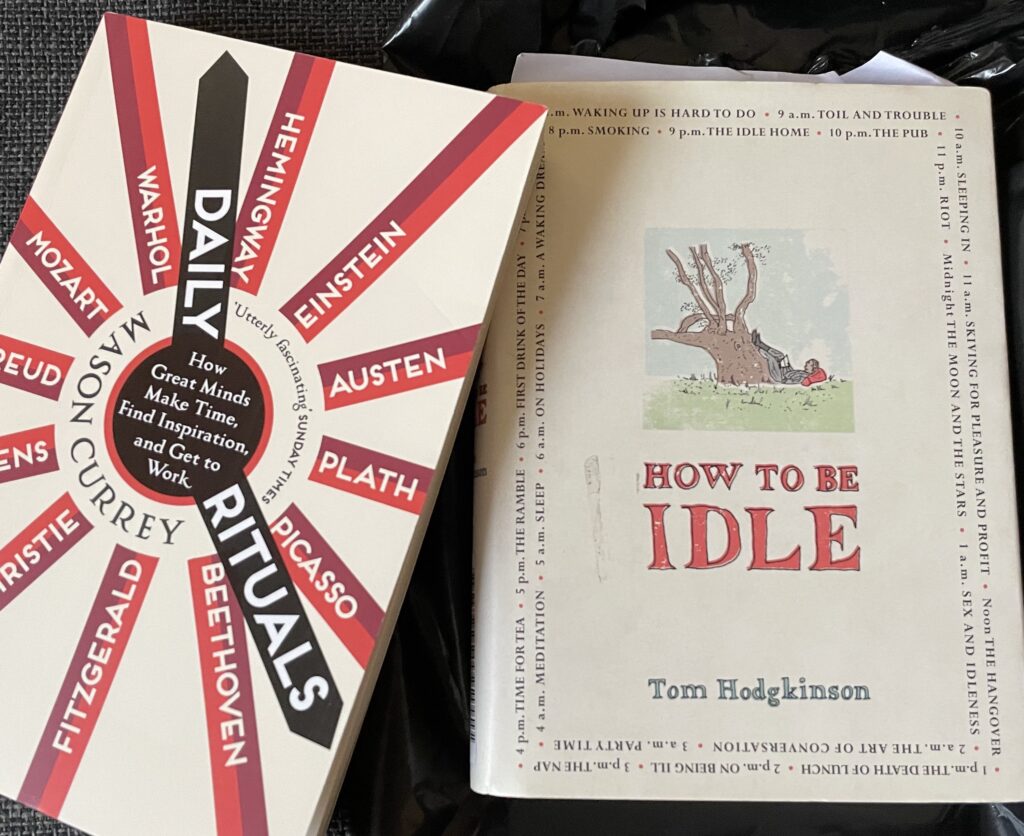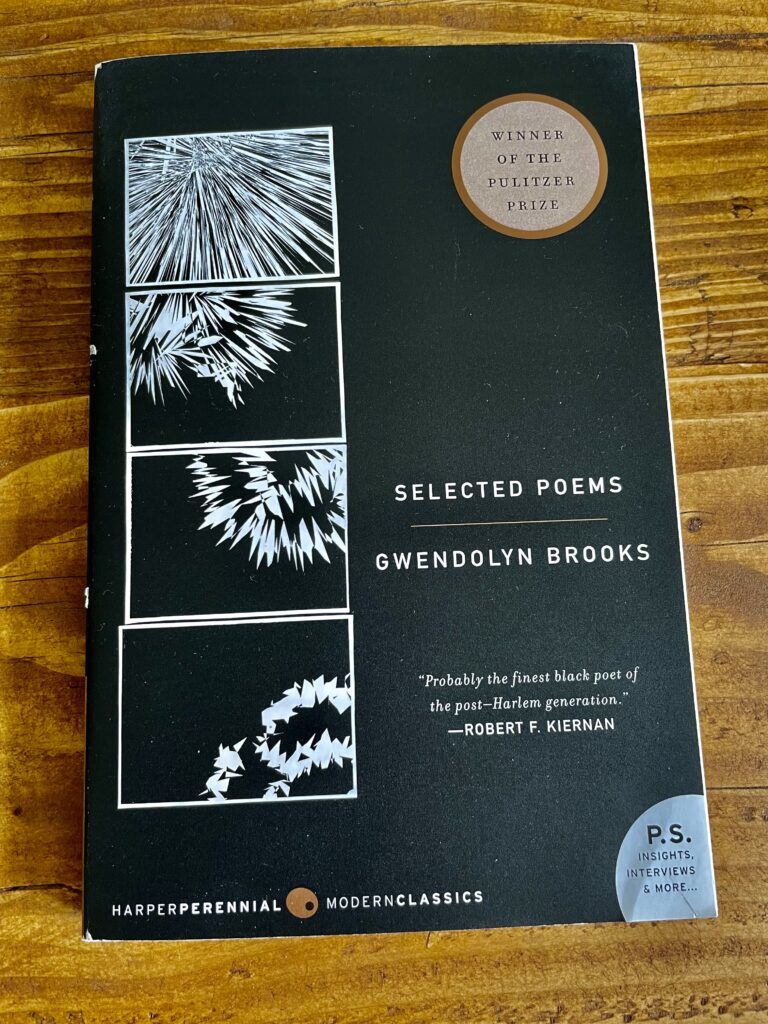I earned enough from my writing last year to file a tax return for the first time. What’s that? The tiniest cheer in the world.
In the UK, the threshold for submitting a self-assessment tax return is £1,000 (around $1,200 USD at the time of writing). The threshold for actually paying any income tax in the 2023/2024 tax year is £12,570 (around $16,000 USD).
It’ll come as a surprise to nobody who knows about the business of publishing short fiction that these numbers are enormous compared to the typical income generated, even at professional rates.
But, 2023 was a good year in writing for me. For the first time, I filed a tax return with my profession listed as “writer”.
I expect that the process will inspire dread as my career progresses, so while things are still picking up and stakes are low, I wanted to take a moment to appreciate this achievement.


